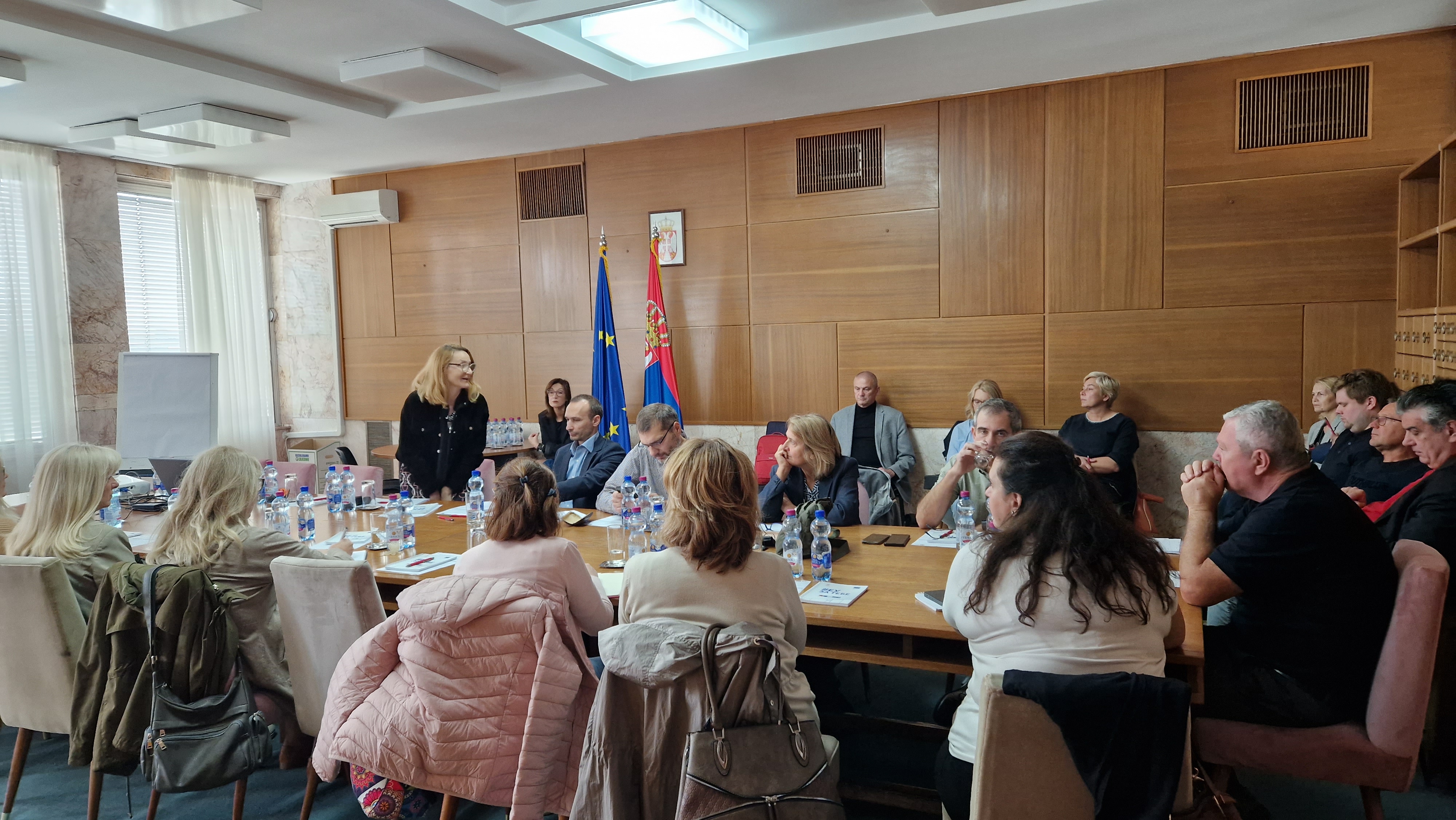The PLAC III project has supported the national administration responsible for food safety in the development of a draft guide on official controls based on risk assessment.
The area is part of the Negotiating Chapter 12, which Serbia has not yet opened. According to the European Commission, Serbia should adopt the framework legislation that complies with the Union acquis, make provisions for a clear assignment of responsibilities, in particular for control bodies, and improve the risk-based approach to official controls, in particular its risk-based approach for imported foods.
Regulation (EC) No 178/2002 and Union agri-food chain legislation (the “EU Food Law”) is based on the principle that operators at all stages of production, processing and distribution which are under their control are responsible for ensuring compliance with the requirements relevant to their activities established by Union agri-food chain legislation. The responsibility to enforce Union agri-food chain legislation lies with Member States, whose competent authorities monitor and verify, through the organisation of official controls, that relevant Union requirements are effectively complied with and enforced. Regulation 2017/625 on official controls represents a harmonised framework for the performance of such official controls and activities along the entire agri-food chain.
In Serbia, pursuant to the Law on Food Safety, placing unsafe food and feed on the market is prohibited as is using unsafe feed as nourishment for animals that are used for the manufacture of feed. Food safety is determined on the basis of conditions in each stage of production, from production to a consumer. The Law prescribes that food and feed which is imported into Serbia in order to be placed on the market must fulfil requirements in accordance with food regulations or requirements that Serbia has recognised as identical to them, or, if there is a specific international treaty, with requirements contained in such an agreement. The Ministry of Agriculture, Forestry and Water Management and Ministry of Health are competent for official controls organisation, while inspection is based on the risk assessment.
In 2019-2020, the PLAC III project provided assistance and support to the Ministry of Agriculture and Ministry of Health in drafting national regulations related to official control of food and the preparation of a suitable system of authorisation and coordination of official laboratories for food testing. In order to enable smooth implementation and enforcement of rules on official controls in compliance with the risk-based approach, PLAC III project has again provided supported to the administration.
Project expert Sanja Čelebićanin presented a draft of the Guide for official controls and the application of the principles of risk analysis in the implementation of official controls at a workshop held in Belgrade on 31 October 2023. The guide presents the application of the principles of risk analysis for phytosanitary inspections carried out by official food controls. It defines procedures at the border, procedures for specific products, criteria for risk assessment, frequency of controls. Celebićanin also presented the results of the analysis of the compliance of domestic laws with the relevant EU regulations. The workshop was attended by representatives of the Ministries of agriculture and health.




